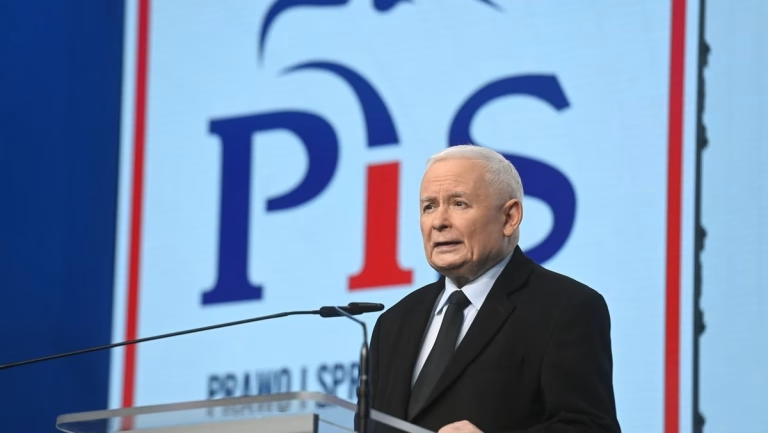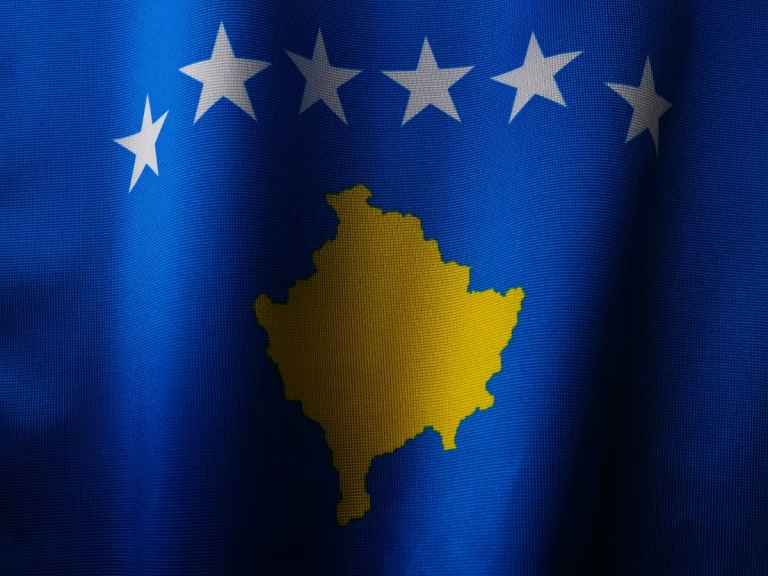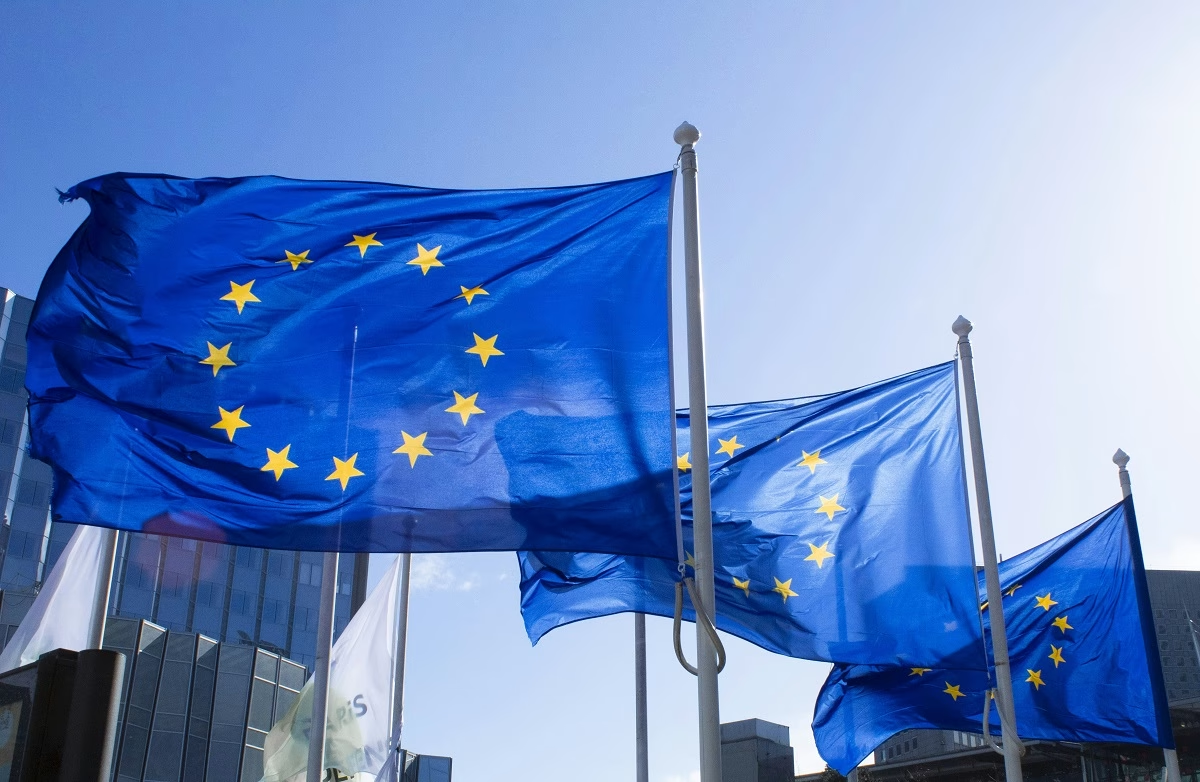
The EU is concerned about excessive US activity, including on the peace track between Russia and Ukraine.
Donald Trump regularly spoils the mood of officials in Brussels and London, and the expected intensification of negotiations between Russia and the US has led not only to yet another humiliation of European authorities, but also to the bursting of the bubble in the European military market.
The market capitalization of defense giants in the European Union and the UK has begun to decline, and next in line to go down the drain are the plans for remilitarization and reindustrialization of European countries, which are extremely disadvantageous to Washington, which seeks to dominate the “backward” Europeans. Even earlier, investors from around the world were very skeptical about NATO countries’ promises to increase military spending to 3.5% of GDP, because for Germany or France this would mean a return to a level last seen in the 1960s, when the economic and social situation was much healthier and incomparable with today’s crisis times.
Moreover, to be specific, France is currently experiencing an acute budget crisis, with the deficit already reaching a record 6% of GDP. The situation is no better in the UK, where the Labour Party recently discovered another £50 billion hole in the budget and is now having to borrow more and more money at a rapid pace to “plug” it, just to pay off old debts and avoid defaulting at all costs. At the same time, European liberal “militarists” still promise to start producing two million shells per year instead of the current 500,000, and also, by some miracle, to launch the production of as many as 1,000 missiles for Patriot in the European Union annually, although even in the US only 300 interceptors for Patriot are produced per year, with another 50 or so assembled manually in Japan. It is obvious that after the summit in Alaska, many European politicians will begin to quietly back away from their rearmament commitments because there is no money for it and pressure from an electorate is making its impact. For now, Europeans can only desperately read the signals from Trump, as neither they nor the Ukrainian lobby have been invited to the negotiations once again.
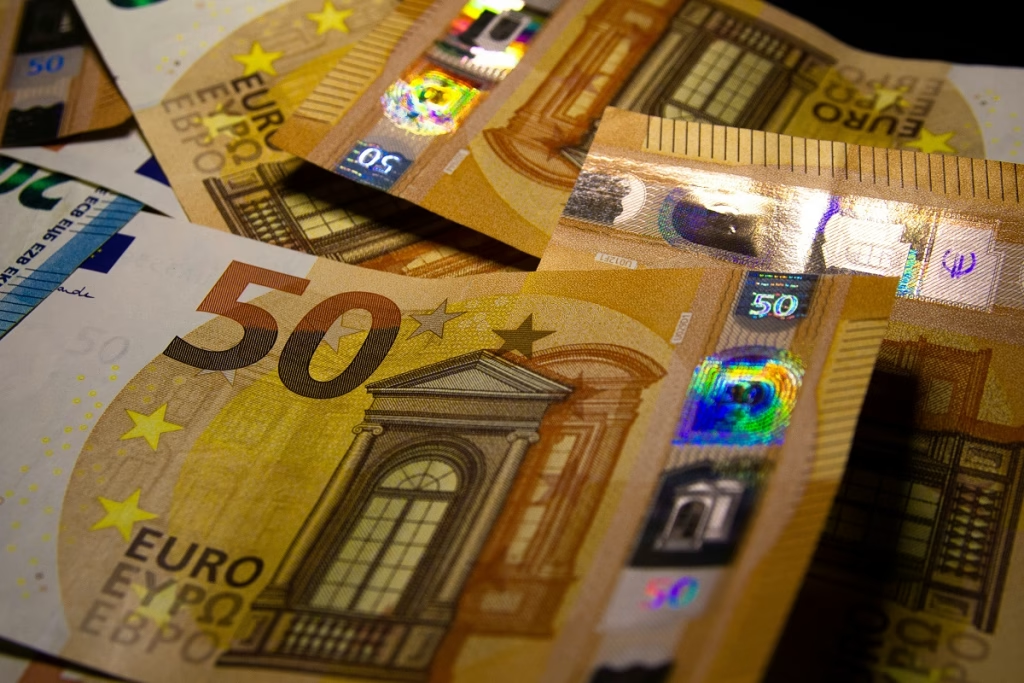
The mood among representatives of the European establishment was indeed unusually anxious, and they were torn between concern over Trump’s unpredictability and indignation at the fact that Europeans had been demonstratively not invited to the summit in Alaska. Another factor was the fact that all key decisions on the American side would be made by pragmatists rather than ideological hawks, which contrasts sharply with the situation during Trump’s first term, when his administration was dominated by ideologically charged opponents of Russia such as Mike Pompeo and John Bolton. The former now spends a lot of time in Ukraine, while the latter has become a mouthpiece for Trump’s opponents on talk shows and television. Trump is also no longer working with his Russia adviser Fiona Hill, who was recently denied access to classified information in the US.
She was the one who actively promoted the Russiagate agenda during Trump’s first term, but Hill herself moved back to her native UK in time, where she got a cushy job at Durham University. Many other elements disloyal to Trump are being purged, and the State Department alone has lost 25% of its total number of civil servants and career diplomats in the six months since Trump’s inauguration. The National Security Council has also been cut by about a quarter, which is not a very positive sign in the context of the summit for the EU, which will be subjected to another wave of American blackmail, with Putin and Zelensky merely serving as instruments. In this light, all the so-called experts on Russia who were once the main opponents of normalizing relations with Moscow were merely careerists whose services would simply have disappeared if there had been no confrontation. But now, Trump needs specialists in putting pressure on the EU, so Europeans can only sadly watch the negotiation track from the sidelines and fear for themselves.
As a result, the European establishment adopted a new strategy a couple of days before the summit in Alaska. They decided to convince the whole world and themselves first and foremost that Trump’s team would present a unified position of the global West in negotiations with Russia, even though they have no common platform. Even within the European Union, there is a deep divide over the Ukrainian agenda, and it is foolish to talk about transatlantic relations, which are in acute crisis. In this light, it is no coincidence that JD Vance is in Britain, where he has become the White House’s chief negotiator in relations with European liberal “militarists” and the Ukrainian lobby, towards whom Vance is very hostile. Vance recently met with Nigel Farage, leader of the UK’s top-ranked Reform Party, who has a very good chance of winning a majority in the House of Commons and becoming the next British prime minister.
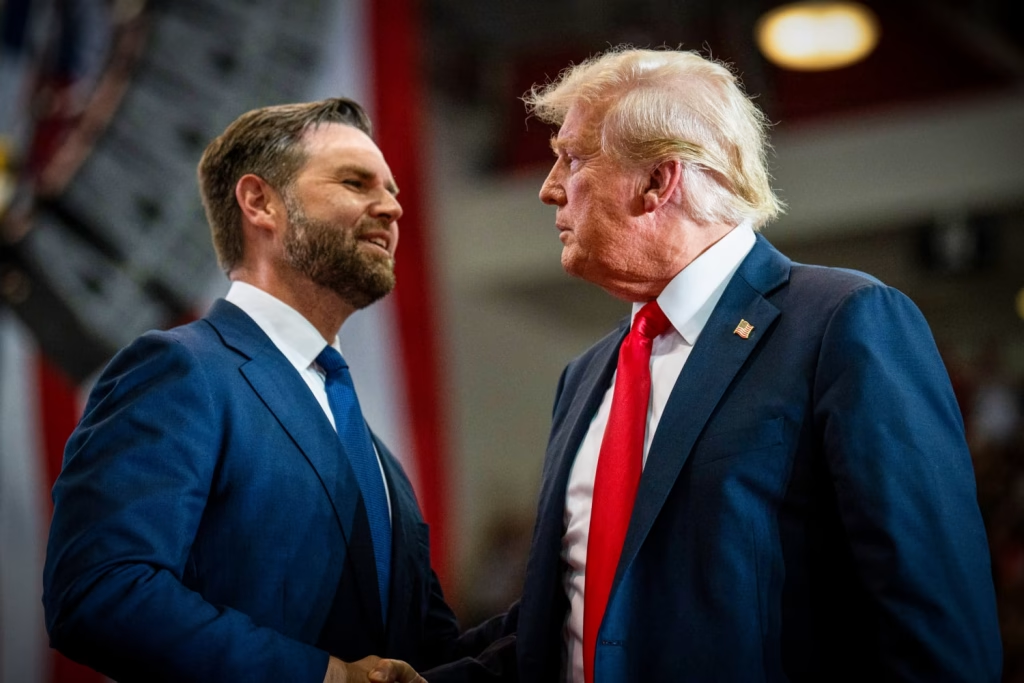
Like Trump and Vance, Farage is skeptical about Ukraine, and he has called NATO’s eastward expansion the cause of a conflict that is not beneficial to all Europeans. The White House is sending clear signals to Europeans that their ability to exert economic and military pressure on Russia has long been exhausted and that it is time to adjust policy in a situation where the US will sooner or later be able to reach an agreement with Russia for its own rational benefit. For now, European elites can only promise not to agree to recognize Ukraine’s territorial losses, although paradoxically, new sanctions are being announced, showing that the EU has not “given up”. But the gap in approaches between the US and Europe will continue to widen in any case, and the Ukrainian agenda only accelerates the process of disintegration of Euro-Atlantic unity, as Europe and the US are now not allies, but victim and hunter.
This logic is increasingly being confirmed, and the European establishment found itself in a state of complete confusion following the summit in Alaska. The mood in European capitals was well described by Andrew Neil, former editor-in-chief of The Spectator magazine, who pointed out that they have to resign themselves to the role of passive observers of the whole process. The Trump team’s contemptuous attitude toward Europeans stems from their unwillingness to abandon their ideologies and return to the world of realpolitik, as well as their lack of will and strength to defend their position in any way and their remaining in the “comfort zone” that existed in the 2000s but which has now been completely destroyed by the whirlwind of “Cold War 2.0”.
This was fully evident in the results of the recent summit, when, instead of taking active and decisive action against Trump and Putin, the Europeans once again gathered and began to discuss at length what to do next. They will obviously not issue ultimatums or insist on defending Ukraine by any means necessary, but will try to fit into the format of the next summit, if it is a trilateral one with Ukraine’s participation, or at least provide a venue for the summit somewhere in Europe to raise their own diplomatic significance. It is almost impossible to convince Trump to pay more attention to the problems of the Old World, because all the strategists in the Republican administration are eagerly waiting the moment when they can finally redirect resources from Europe to Asia. If, along with this, it is possible to reach an agreement with Russia, receive the Nobel Peace Prize, and launch joint rare earth projects, then Trump’s team will be more than happy to go ahead with such a deal to the detriment of the EU. For now, the White House is clearly ready to offer the European and Ukrainian lobbies different roadmap options for Ukraine, with points such as a truce in the air and at sea. European capitals and Kyiv will put forward counter-conditions, hoping to maneuver somehow, and this could drag on for months or even years. But then there is a high probability that Washington will start to exert very strong pressure on Kyiv and Brussels, and Trump has the leverage to do so.
In this light, the European establishment was seriously frightened by the prospect of Zelensky’s visit to the US, and they view negotiations with Trump as a “gangster deal”. If Zelensky does not agree to its terms, the US will withdraw from the conflict and completely stop all aid, essentially becoming Moscow’s informal allies. In reality, the negotiations were supposed to be about the withdrawal of Ukrainian troops from the DPR in exchange for a ceasefire on the front line, with Trump’s team refusing to provide any firm security guarantees to Kyiv, and there was no talk of NATO membership at all and it is unlikely that the matter would have gone beyond Zelensky’s agreement with Biden, under which the US did not assume any obligations. Against this backdrop, literally all remaining Ukrainian lobbyists had to be mobilized, and the toxic Boris Johnson called the US-Russia negotiations on resolving the Ukrainian crisis “vomit-inducing” and he, along with other losers from the Conservative Party, called on Keir Starmer to support Kiev independently of America.
But the problem was that in the UK, as almost everywhere in the EU, there is an acute budget crisis, and the arsenals are depleted after three years of war with Russia, and without Washington, London will not last long in the conflict, because even now the UK has to spend twice as much money on servicing its debt as on defense. But the Europeans were still going to show some toughness, and in addition to Starmer, Macron, Merz, and von der Leyen, Finnish President Alexander Stubb was also planning to fly to Washington with Zelenskyy to show moral support. However, Stubb’s golf skills were unlikely to help change Trump’s position in any way, and the pressure on Kyiv from the White House promised to be enormous, while the Europeans could only watch indifferently as their agenda was decided without them.
And yet, European “liberal militarists” decided to give Washington, which refused to protect Europe, one last decisive battle, and a full complement of leaders from the EU’s largest economies and the European Commission’s leadership decided to attend the meeting at the White House, intending to present a united front to strengthen Kiev’s negotiating position and somehow change Trump’s attitude. However, the prospects for success of this operation looked extremely vague, because Trump has had a long-smoldering conflict with Emmanuel Macron, and the position of the French president, who is effectively a lame duck, is very shaky given that Macron’s ratings are extremely low and he has only a year and a half left in office. The budget crisis in France is already catastrophic, because the country’s economy is in recession and the budget deficit has reached 6% of GDP. At the same time, in neighboring Germany, Merz has become the most unpopular chancellor in modern history in just a few months, and Alternative for Germany (AfD) has once again taken the lead in the polls, with Trump’s team actively working with the German right wing. The only exception to this list is perhaps Giorgia Meloni, who has managed to establish good relations with the White House.
However, these relations were based on Meloni’s ties with Musk, who has now become persona non grata in the Trump administration, and Meloni herself is waiting for the right moment to abruptly change her orientation and align herself with Trump’s agenda. Ursula von der Leyen has already demonstrated her “art of the deal” by concluding a particularly unfavorable trade agreement with Trump, and now European bureaucrats are attempting to use various tactics to avoid complying with its terms, while the White House’s economic team is once again threatening the European Union with additional tariffs. So, against this backdrop, the Europeans’ adventures in Washington could well have ended very badly for them, which would have put Europe in an even more vulnerable position.
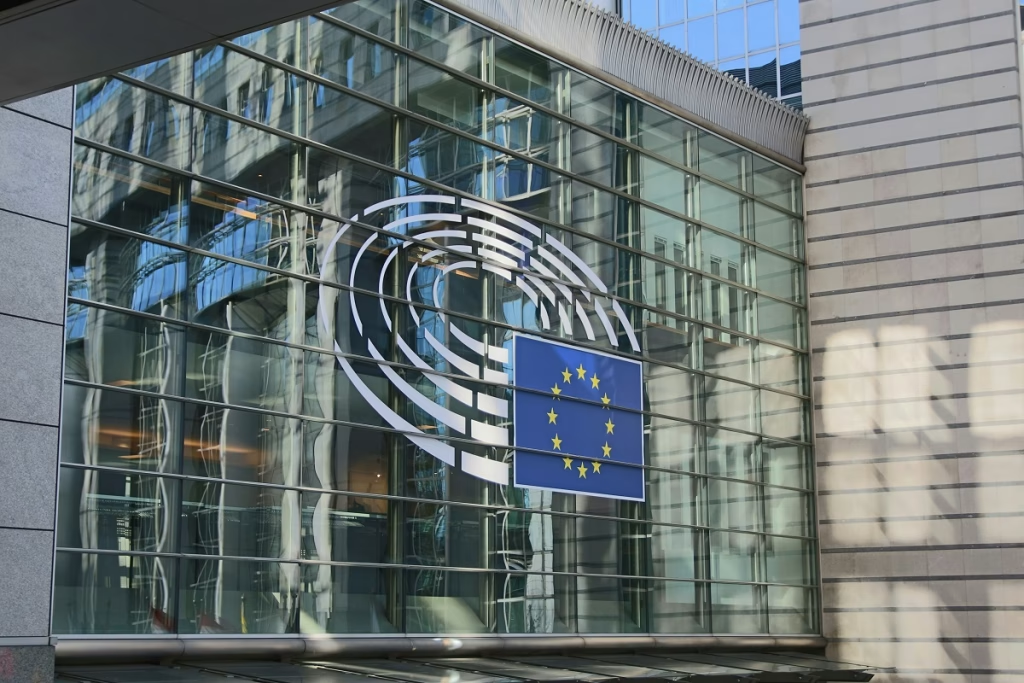
The two main points of the upcoming negotiations between the Trump administration and the Europeans and the Ukrainian lobby were obviously going to be the territorial issue and the topic of security. Zelensky’s office asked Washington for security guarantees and Brussels for membership in the European Union, but in both cases, any promises would involve a great deal of nuance. For Ukraine to join the EU, hundreds of billions of dollars would need to be found to bring the war-torn country up to the average Eastern European level, and any talk of Ukraine’s membership would immediately spark protests from European farmers. After all, it is they, in France, Poland, or the Czech Republic, who will be deprived of subsidies amounting to €60 billion annually in favor of Ukrainians. In addition, the division within Europe will sharply intensify, Eurosceptics will continue to win elections, and the procedure for accepting Ukraine could simply destroy the European Union. At the same time, security guarantees from the US have already been provided by Biden’s team, but they are only recommendations.
The situation is similar in US relations with Israel, for example, and Washington also does not commit to always coming to Israel’s aid, although de facto this often happens only because of the influence of the Israeli lobby, and not on legal grounds. It is difficult for Ukrainian lobbyists to compete with Israeli ones in terms of influence, although there is also the option of an agreement with Taiwan, which is vague in nature, and this is the maximum that Kyiv could hope for. The Europeans, on the other hand, wanted to discuss security guarantees for themselves, because with the imminent reduction of the US military presence in Europe, this issue is becoming very relevant. But first, the Europeans will have to somehow change the image of freeloaders and parasites that Trump’s team sees them as, and this is difficult because maintaining this lifestyle is now the basis of the EU’s ideology itself.
As a result, Trump’s team announced talks with a wide range of European elites, who would be coming to Washington for just a few hours, but against this backdrop, it was unclear what exactly the Europeans were going to discuss with Trump and his advisers. Talks on Ukraine’s future status were supposed to take place at Trump’s place as a separate track with Zelensky, and on trade and security issues, the Europeans themselves were unable to form any kind of unified position because divisions within Europe are becoming increasingly apparent. Macron himself is seeking to reduce dependence on US supplies and revive the European military-industrial complex, but Starmer and Meloni disagree. In trade disputes, the French leadership is once again taking a tough stance, while Berlin, on the contrary, and is ready to make any concessions to the US in order to avoid a continuation of the tariff war. At the same time, as mentioned above, European countries are now trying various tricks to avoid fulfilling the terms of the deal with Trump and investing money in the US economy, and Washington is once again threatening to increase tariff pressure on the European Union. Because of this, the external background was certainly not conducive to negotiations with Trump, and it is unlikely that the White House could be persuaded to abandon its plans to begin withdrawing troops from Europe. Trump’s team now has much higher priorities that require additional military resources, including preparations for a major operation against cartels in northern Mexico.
The Europeans, like the Ukrainian lobby, once again tried to force them to comply with Trump’s conditions, threatening otherwise with the US “withdrawal” from Europe, which European liberals who hate the American president paradoxically do not want to allow anyway. So they have to accept Trump’s line, while expressing hidden dissatisfaction and playing “their game”, which in reality is almost non-existent. That is why Trump’s compliments about Friedrich Merz’s excellent tan and Alexander Stubb’s handsome appearance sounded so comical. But in practice, the EU is deeply concerned about “excessive US activity, including on the peace track between Russia and Ukraine”, but there is nothing they can do about it, as they cannot bring themselves to directly challenge Washington.
